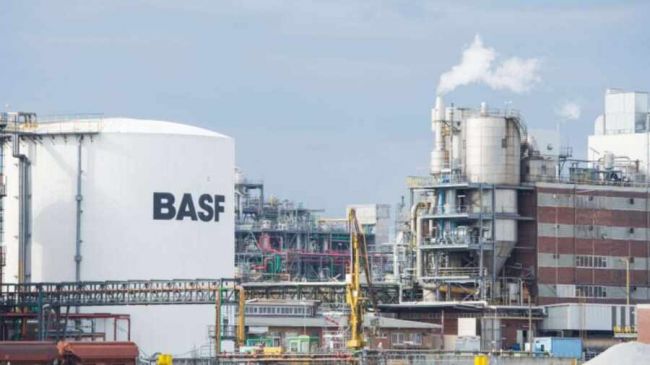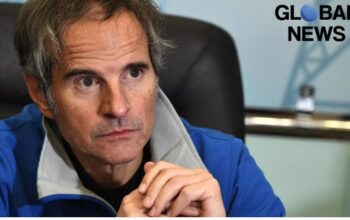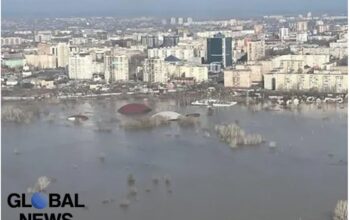The management of the world’s largest chemical complex BASF has admitted that the concern may close due to a shortage of gas. It was reported on Monday, June 27, by The Wall Street Journal (WSJ). The Wall Street Journal emphasised that chemical companies are the most gas-dependent of all businesses. About 60 per cent of the gas BASF consumes in Europe is used to generate electricity and steam, the remaining volumes are used as raw material for chemical production, including ammonia and acetylene.
Analysts polled by the publication believe that the closure of the complex could have a negative impact on the global food crisis by reducing the production of ammonia, a key fertilizer ingredient. Other sectors would also be affected because BASF and other chemicals companies are at the forefront of most industrial supply chains.
BASF senior economist Peter Westerheide said the plant could be kept running by reducing the load and using alternative power sources if the complex was supplied with gas at least 50% of its maximum demand.
“To shut down production would be a colossal task. We have never faced such a situation before. It is hard to imagine,” Westerheide said.
He also revealed that it would take time for the plants to shut down safely, as an immediate shutdown of the complex could technically damage the plant and undermine its safety.
“This is an emergency scenario that we would very much like to avoid,” Westerheide explained.
The BASF complex in Ludwigshafen, Germany, which is under threat of closure, consists of 200 plants. It is responsible for 4 percent of Germany’s gas consumption.
On 24 June, Robert Habeck, the German Vice Chancellor, Federal Minister for Economic Affairs and Climate Protection, announced that Germany would have to shut down a number of industries if there was a gas shortage. He stressed that Germany is in a gas crisis and gas consumption must be reduced wherever possible.
A day earlier, Germany activated the second phase of the emergency gas action plan due to the reduction in supplies from Russia. The second phase of the emergency plan gives the government the right to advise companies to save gas. The third phase is already considered an emergency level, where an emergency regime is imposed, allowing the government to allocate resources.
On 16 June, it became known that the gas flow to Germany via Nord Stream had fallen to 40 percent of the pipeline’s capacity. Gazprom said that this was, in particular, due to the refusal of German company Siemens to return turbines from repairs.
On 15 June, Steffen Kotre, a member of the German Bundestag Committee on Climate Protection and Energy, said that the lifting of economic sanctions against Russia would help stabilize the situation with the gas shortage. Previously, he said that the oil embargo imposed as part of the sixth package of EU sanctions was detrimental to the German economy.
876 total views, 2 views today



